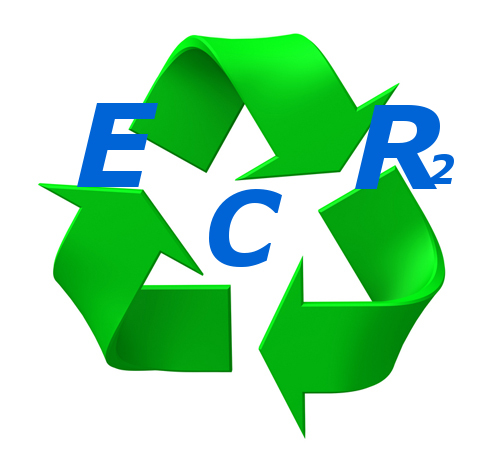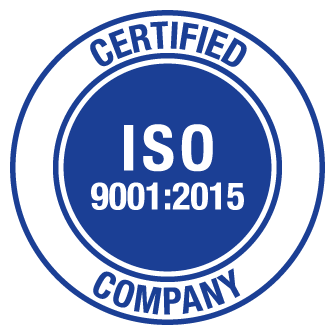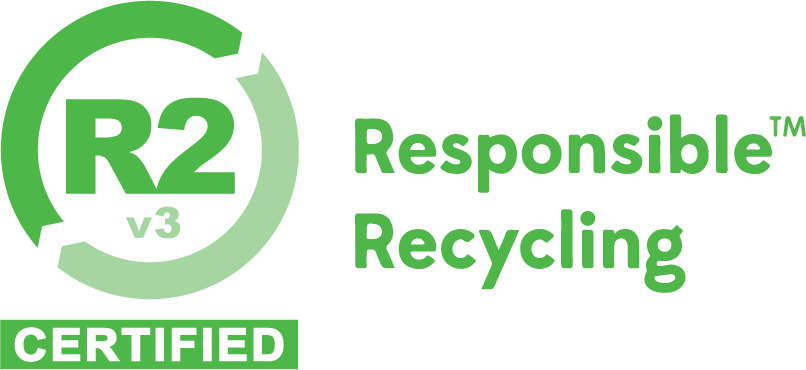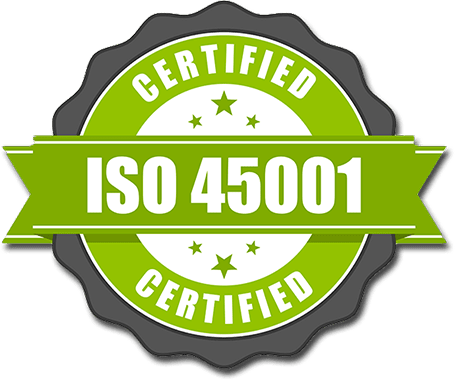Certified computer recycling
Because computers and electronics recycling is important, our company passes the certifications in the field of professional recycling. An effective gesture for the health of the planet, for today and for future generations.
Quality management systems
ISO 9001 certification
ISO 9001 is a globally recognized standard for quality management. It helps organizations of all sizes and sectors to improve their performance, meet customer expectations and demonstrate their commitment to quality. Its requirements define how to establish, implement, maintain, and continually improve a quality management system.
Implementing ISO 9001 means your organization has put in place effective processes and trained staff to deliver flawless products or services time after time.
Why is ISO 9001 important?
With more than one million certificates issued to organizations in 189 countries, ISO 9001 is the most widely used quality management standard in the world. Within the ISO 9000 family, which defines seven quality management principles including a strong customer focus and continual improvement, ISO 9001 is the only standard that can be certified to.
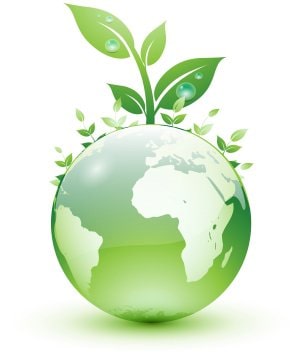
Computers and electronics recycling
ISO 14001 certification
ISO14001 defines the criteria for an environmental management system and lends itself to certification. It offers a framework that companies or organizations can apply to set up an effective environmental management system.
The ISO14000 family standards are developed by ISO technical committee / TC207 and its various subcommittees. For a complete list of published standards in this family, see this committee’s standards catalog.
ISO14001 establishes the requirements associated with guidelines for the implementation of the standard within the framework of environmental systems. Other standards in this family focus on specific approaches such as audits, communications, labeling and life cycle assessment, and also address environmental challenges associated with climate change.
International standard for electronic recycling
R2v3 certification
R2 stands for Responsible Recycling and is an international standard specially created for the electronics recycling industry by Sustainable Electronics Recycling International (SERI). SERI is the ANSI Accredited Housing Organization and Standards Development Organization for R2: Responsible Recycling Practices for Use in Accredited Certification Programs.
Stakeholders who contributed to the creation of these standards include the US Environmental Protection Agency (the EPA was responsible for a study on the implementation of the R2 standards); regulators of state agencies; recyclers, renovators and their electronics trade associations; OEM / electronic product recycling service customers; and non-governmental organizations.
The standards were then accredited by ANAB, and in 2008 R2 was published. R2 certification is international and standards and guidelines are available in five languages.
The electronics industry is constantly changing, and to keep pace, our best practices and standards need to evolve as well. The current version of R2, R2v3 incorporates our experience gained from more than a decade auditing and implementing the R2 Standard, and reflects changes in the electronics landscape, customer demands, and the regulatory environment.
In fact, many of the updates in R2v3 are a result of feedback submitted by customers, members of the industry, and the public. The result is an R2 Standard that’s more powerful, better reflects today’s industry dynamics, and works even harder to protect data, people, and the planet, while enriching lives all around the globe.
International standard for electronic recycling
This R2 Equipment Categorization (REC) is used to determine the R2 process applicability for all equipment, components and materials upon receipt and throughout processing, and to assign the cosmetic, functional, and data sanitization status to Collectible and Specialty Electronics, and Functional Products after processing.
These categories are integrated with the R2 Standard to ensure the proper handling of the equipment by the R2 Facility. While these categories may be applied to individual pieces of equipment or components, they may alternatively be used to identify the status of batches of equipment or components, or specific storage areas.
Computers recycling and security
ISO 45001 certification
ISO 45001 is the standard developed by ISO for organizations concerned with improving the safety of their employees, reducing workplace risks and creating better and safer working conditions.
According to the International Labor Organization, more than 7,600 people lose their lives every day as a result of workplace accidents or occupational diseases. This is why an ISO committee of experts in the fields of occupational health and safety has been commissioned to develop an International Standard with the potential to save nearly three million lives each year. Structured in the same way as other ISO management systems, this standard will be familiar to users of standards such as ISO 14001 or ISO 9001. ISO 45001 builds on the success of earlier international standards developed in this area such as OHSAS 18001, as well as that of the ILO-OSH guidelines of the International Labor Organization, various national standards and international labor standards or ILO conventions.
